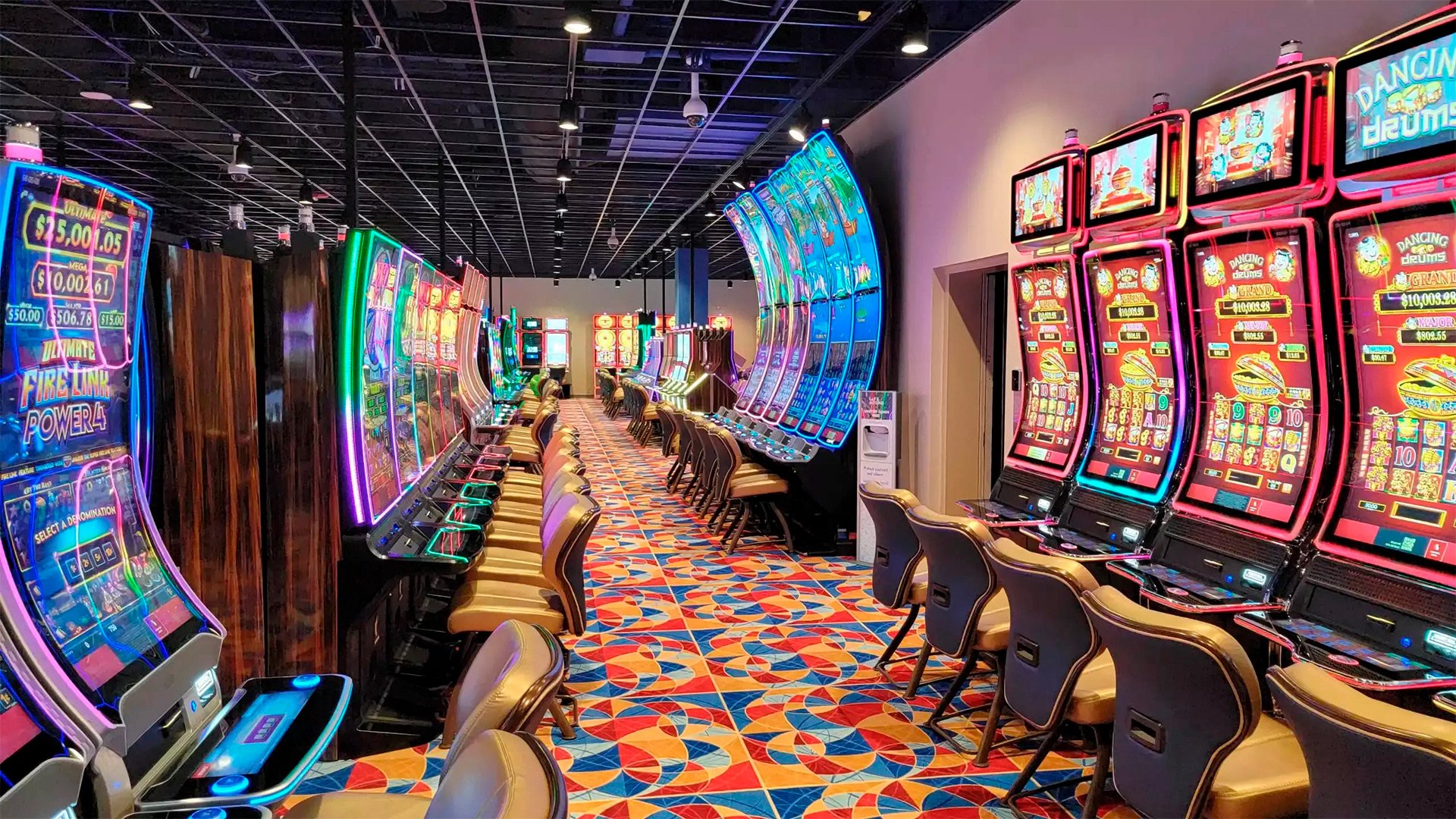Casino entertainment have long been an integral part of human culture, offering not just entertainment but a intriguing reflection of our hopes, ambitions, and concerns. From the rotating wheels of a slot machine to the skill-based strategies of poker, these games embody a range of human sentiments and incidents. At their core, casino games are more than a chance to make profits; they are a microcosm of life itself, where risk and reward intertwine and luck can change in an instant.
As players convene around tables or sit in front of glowing machines, they engage in a ceremony that transcends mere betting. These games reflect our natural desires for connection, excitement, and the quest for chance. They also unveil deeper truths about human nature, such as our relationship with chance and the thrill of risk. In exploring casino games, we reveal not only the rules of play but also the intricate pattern of the human experience, showcasing our interconnected narratives of hope and reality.
The Psychology of Gambling
Gambling is intrinsically connected in the psyche of individuals, appealing to various emotions and desires. The thrill of risk-taking is a fundamental aspect that attracts participants, be it the excitement of spinning a roulette wheel or the excitement of drawing a winning hand in poker. This rush of adrenaline is often compared to other forms of thrill, as the unpredictability of outcomes elicits a unique psychological response. https://78win1.dev Players often find themselves entranced by the possibility of striking it rich, leading to an almost magnetic draw toward casino games.
Additionally, an essential component of the psychology behind gambling is the concept of hope and aspiration. Participants often indulge in fantasies of financial freedom and the opulent lifestyle that can follow winning. This hope fuels their ongoing participation in gambling, as it provides a sense of purpose and the conviction that a life-changing win could be just one wager away. The story of beating the odds and finding success resonates with many, reinforcing their dedication to play and engage with these games.
Finally, social aspects play a significant role in gambling psychology. Gambling venues are designed to foster social interaction, where players gather to share the journey of wins and losses. This shared aspect not only enhances enjoyment but also affects behavior, as individuals often imitate the actions of others in their vicinity. The collective approval found in shared excitement can magnify the emotional experience, making casino games a mirror of not just personal desires but also shared involvement within the gambling community.
## The Dual Nature of Risk and Reward
Gambling games embody the subtle balance between risk and gain that resonates profoundly with the human experience. 78WIN COM The thrill of placing a wager is often accompanied by a jolt of energy, as participants are confronted with the prospect of a huge payout, yet fully aware of the potential to lose. This twofold experience reflects a essential aspect of life: the paths we choose often come with intrinsic risks, and the quest for benefit can drive us to embrace risks we might not normally consider. In this way, casino games echo real-world decisions, enticing players to gamble not just their funds, but also their dreams.
The allure of grand jackpots and payouts fuels a wave of hope, motivating gamblers to envision a better future that could arise from a lucky spin of the wheel or turn of a card. This optimism can drive individuals to engage in more daring actions, pushing them to take greater risks in search of financial gain. However, just as in life, the results of these decisions can lead to both victory and failure. The narratives of both big winners and those who have suffered everything at the tables demonstrate the random nature of chance and its impactful repercussions on our futures.
Ultimately, the interaction of engaging with gambling activities serves as a strong reminder of the human condition. Every round played is loaded with the tension of risk, as gamblers weigh the gains against the dangers. This interaction not only highlights the excitement that comes with betting but also reveals the weaknesses that come with the longing for more. As we navigate the complexities of decision-making and consequence in both the casino and in life, we find that the pursuit of risk and reward shapes our sense of self and lives in deep ways.
Culture and Isolation in Casino Environment
Casino environment is a unique blend of social engagement and personal pursuit, reflecting the dualities of human experience. Players often come together around tables, sharing in the thrill of the action, rejoicing in wins, and commiserating over losses. This social aspect is vital, as it creates a sense of belonging and camaraderie among diverse groups of individuals. Regular attendees to casinos may build friendships and establish routines, turning the gambling venue into a second home where they experience linked to a greater community of players.

However, the appeal of casino games can also result to loneliness. As individuals become engrossed in the excitement of playing, they may isolate from personal connections or fail to engage with the world outside the gaming space. For some, the search of a windfall can overshadow genuine relationships, leading to loneliness. The situation of being surrounded others yet experiencing solitary is not uncommon, as the attention shifts from shared enjoyment to the individual stakes of each player’s journey.
This interplay of community and solitude creates a rich mosaic that defines casino atmosphere. It highlights the intricacy of social interactions, where joy and despair coexist. Casinos serve as both a sanctuary for social interaction and a stage for individual struggles, illustrating how intimately connected our desire for connection and the personal quest for fortune can be. In navigating this environment, players confront their own stories—seeking both the thrill of the wager and the fellowship of other players, eventually reflecting the wider spectrum of individual experience.